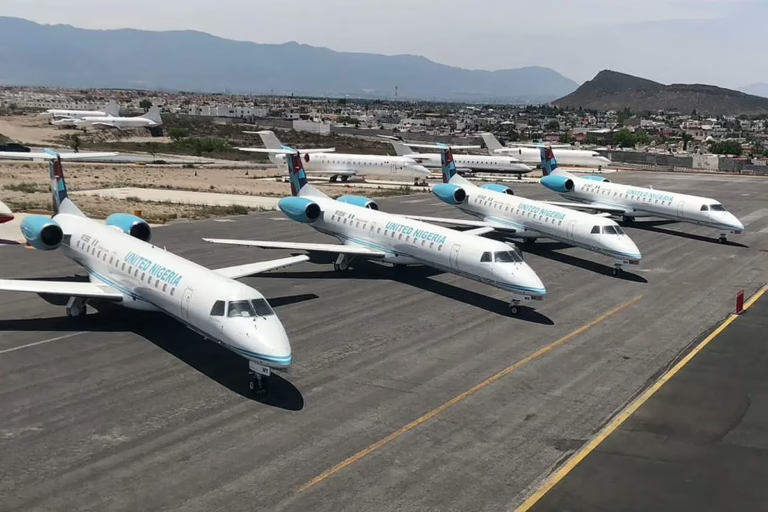Global Airlines Advocate for Raising Commercial Pilot Retirement Age to 67
The International Air Transport Association (IATA), representing approximately 350 airlines worldwide, has formally requested the United Nations’ International Civil Aviation Organization (ICAO) to reconsider and increase the mandatory retirement age for commercial pilots from 65 to 67. This initiative responds to the escalating global demand for air travel and the growing shortage of qualified pilots.
Current Regulations and Proposed Changes
At present, ICAO regulations prohibit commercial pilots older than 65 from operating international flights, a rule mirrored by many nations, including the United States, for domestic aviation. IATA’s proposal, scheduled for discussion at ICAO’s General Assembly on September 23, suggests a modest extension of the age limit by two years.
In a detailed working paper available on ICAO’s platform, IATA emphasized that this adjustment is a prudent and measured approach that aligns with maintaining rigorous safety standards. The association also highlighted that safety protocols would remain stringent, mandating that flights include at least two pilots, with one pilot under the age of 65 if the other surpasses the proposed age limit.
Historical Context and Industry Reactions
ICAO last amended the pilot retirement age in 2006, increasing it from 60 to 65. The current proposal marks the first significant reconsideration of this policy in nearly two decades. However, the suggestion has encountered opposition, particularly from U.S. pilot unions concerned about potential safety risks.
Dennis Tajer, spokesperson for the Allied Pilots Association (APA) and a pilot with American Airlines, expressed reservations, stating, “There is insufficient data to fully assess the risks associated with extending the retirement age. Safety must never be compromised.” Other major unions, such as the Air Line Pilots Association and the Southwest Airlines Pilots Association, have yet to release formal statements on the matter.
Political and Legislative Developments
In the previous year, U.S. airlines supported legislative efforts to raise the domestic pilot retirement age to 67, but these attempts were thwarted by union opposition. More recently, a bipartisan coalition of U.S. lawmakers has urged the Trump administration to endorse the international proposal at ICAO, signaling growing political momentum for the change.
Implications for the Aviation Industry
If adopted, this policy shift would represent one of the most impactful changes in global aviation regulations in recent memory, potentially extending the professional lifespan of thousands of pilots worldwide. Given the current pilot shortage-exacerbated by a surge in air travel demand post-pandemic-this adjustment could help alleviate staffing pressures and support the industry’s recovery and growth.
According to recent data from the International Society of Transport Aircraft Trading (ISTAT), the global commercial pilot workforce is expected to face a shortfall of over 34,000 pilots by 2025, underscoring the urgency of measures like this to sustain aviation operations safely and efficiently.























0 Comments